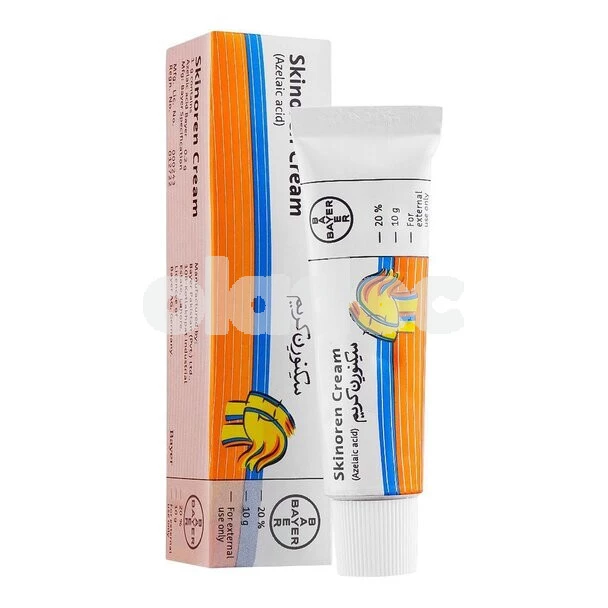The statement of the American President, Donald Trump, hailing chloroquine as a potential ‘game-changer’ for treatment of coronavirus prompted an unregulated use of this drug by people to protect themselves against the pandemic. This self-medication ended up taking the life of a man in Arizona, and his wife to be hospitalized. But what exactly is true about chloroquine as a potential treatment for coronavirus? Read on to find out:
Table of Contents
What are chloroquine and hydroxychloroquine?
Both these drugs are FDA-approved antimalarials that have been used for ages to fight the parasitic malarial infection. They were developed in 1934 and were used extensively in the second world war to fight the disease caused by the plasmodium parasite, spread by the mosquito vector.
Apart from malaria, they are also used for the treatment of autoimmune disorders like systemic lupus erythematosus (SLE) and rheumatoid arthritis (RA). Both these drugs have their own spectrum of serious side effects, and therefore, they should not be taken without medical advice.
Use of chloroquine and hydroxychloroquine for treatment of coronavirus
The first thing to clearly know about the treatment for coronavirus is: there is no approved drug that is working against this virus. Most of the treatment for this virus is supportive and no single drug is effective against combating coronavirus.
The news circulating about chloroquine and hydroxychloroquine surfaced because back in 2012, after the initial outbreak of a similar respiratory tract infection, MERS, several drugs including chloroquine showed the potential of blocking the coronavirus from infecting cells. However, their role was not strong enough to warrant further investigation.
When COVID-19 appeared, chloroquine was one of the top drugs considered worthy of further evaluation based on the MERS experiments. Around the world, labs are now investigating the role of chloroquine and hydroxychloroquine in COVID-19. Clinical trials are being held in China, the United States and France, to find the efficacy of chloroquine and hydroxychloroquine against coronavirus. However, so far there has been no consensus whether these drugs should be the line of treatment to follow or not, as the testing process is still in the early stages.
Based on unpublished data, from China, chloroquine and hydroxychloroquine show promise. These drugs were used in China in February in a patient trial of 134 people, where it was found effective in reducing the severity of disease and showed potential as a treatment for coronavirus. According to Zhong Nanshan, Chinese respiratory expert and the head of government task force against the epidemic, the data regarding the use of these drugs in clinical trials in China would soon be available and shared with the world.
In a similar clinical trial in France, headed by a member of IHU-Mediterranee Infection, Didier Raoult, a study on 36 patients positive for COVID-19 found a reduction in viral load in response to hydroxychloroquine. These effects were strengthened by the use of an antibiotic called Azithromycin.
In another paper published by a Chinese team, both chloroquine and hydroxychloroquine proved effective in the lab setting against the SARS-CoV-2 virus.
Should we be using it for treatment against coronavirus?
The answer to that question is, no. Despite the growing evidence, CDC says that the US Food and Drug Administration (FDA) and the World Health Organization (WHO) have not approved the use of these drugs as treatment for coronavirus. At present, the management is mostly focused on prevention and social distancing to control the spread of disease.
Around the world, people are self-medicating with chloroquine and hydroxychloroquine and jeopardizing their health with this unregulated use. There have been reports of deaths due to chloroquine poisoning and hospitalizations, as people do not understand the various drug interactions of chloroquine and proceed to take it without healthcare advice.
In Pakistan, the use of these drugs has not been approved either. Special Assistant to the Prime Minister on health, Dr. Zafar Mirza held a press conference to clarify that these drugs have not yet been approved by experts and should not be used as a treatment for coronavirus.
Following the tweet by the American president, the US Food and Drug Administration (FDA) made a statement. FDA said in response, that they are still looking at the potential of chloroquine as a treatment option for COVID-19 and that neither hydroxychloroquine nor chloroquine have been approved yet in the US to fight the coronavirus.
The head of NIH’s National Institute for Allergies and Infectious Diseases also made a quick statement that President Trump’s comments were not based on clinical trials, but rather anecdotal evidence.
The Nigerian Center for Disease Control also announced on Twitter that self-medication with chloroquine can cause harm, and could lead to death as chloroquine has not been approved for use against COVID-19. This statement was made following the increase in usage of chloroquine by the Nigerian population as protection against COVID-19.
What is the risk of self-medication with chloroquine?
Without medical supervision, it is easy to take too much of this drug and suffer the consequences of overdose. Chloroquine poisoning can include symptoms like feeling sick, vomiting, body shakes, and stomach ache. Without urgent medical care, even death can occur.
Chloroquine takes a long time to clear completely from the body. Even if the correct dosage of the drug is taken, it can build up over the years to cause damage. Long term use can cause damage to the eyesight and the hearing.
It is better to stick to expert advice on COVID-19, rather than believing in circumstantial, anecdotal evidence.










